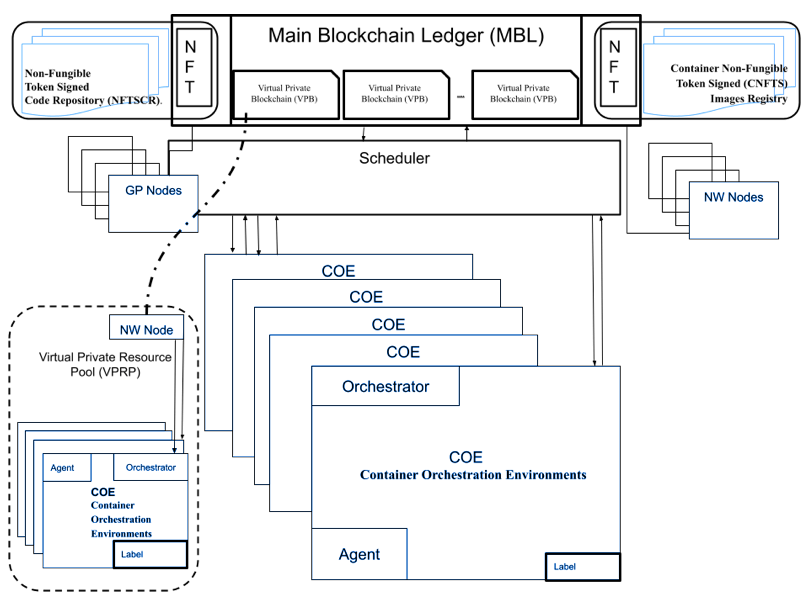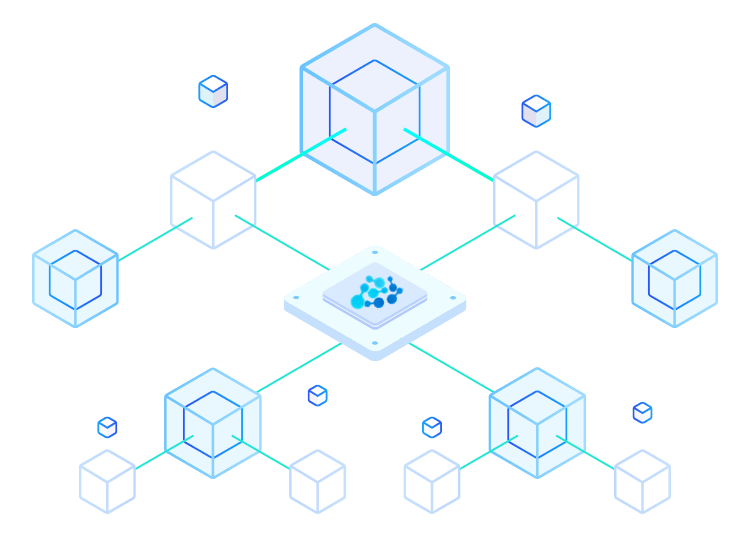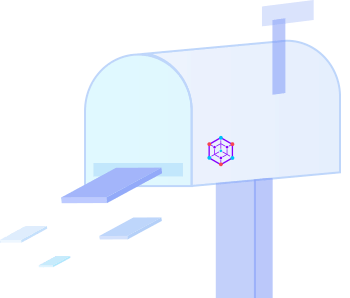
What is DistributedWeb.io?
Decentralized blockchain-scheduled Container Orchestration System (DBsCOS).
The DistributedWeb.io's Decentralized Blockchain-scheduled Container Orchestration System (DBsCOS) is implemented through a distributed hybrid mesh network and blockchain-controlled scheduling & resource allocation. DBsCOS features a decentralized container and code tracking and delivery. DBsCOS uses a non-fungible token (NFT) signed code, NFT-signed code repository, NFT-signed container images, and code deployment to achieve tokenized code execution tracking. Containers used by the DBsCOS are standard Docker, Podman, Cri-o, and Containerd compatible container images. The DistributedWeb.io intellectual property rights are protected by a USPTO patent pending application 17/701,505.
DistributedWeb.io's DBsCOS adopts organizational standards, principles, and cooperative values applied by the open-source communities - Open membership; Organization controlled by its members; Benefits in proportion to their contribution, not based on the invested capital; Sustainable development of communities.












